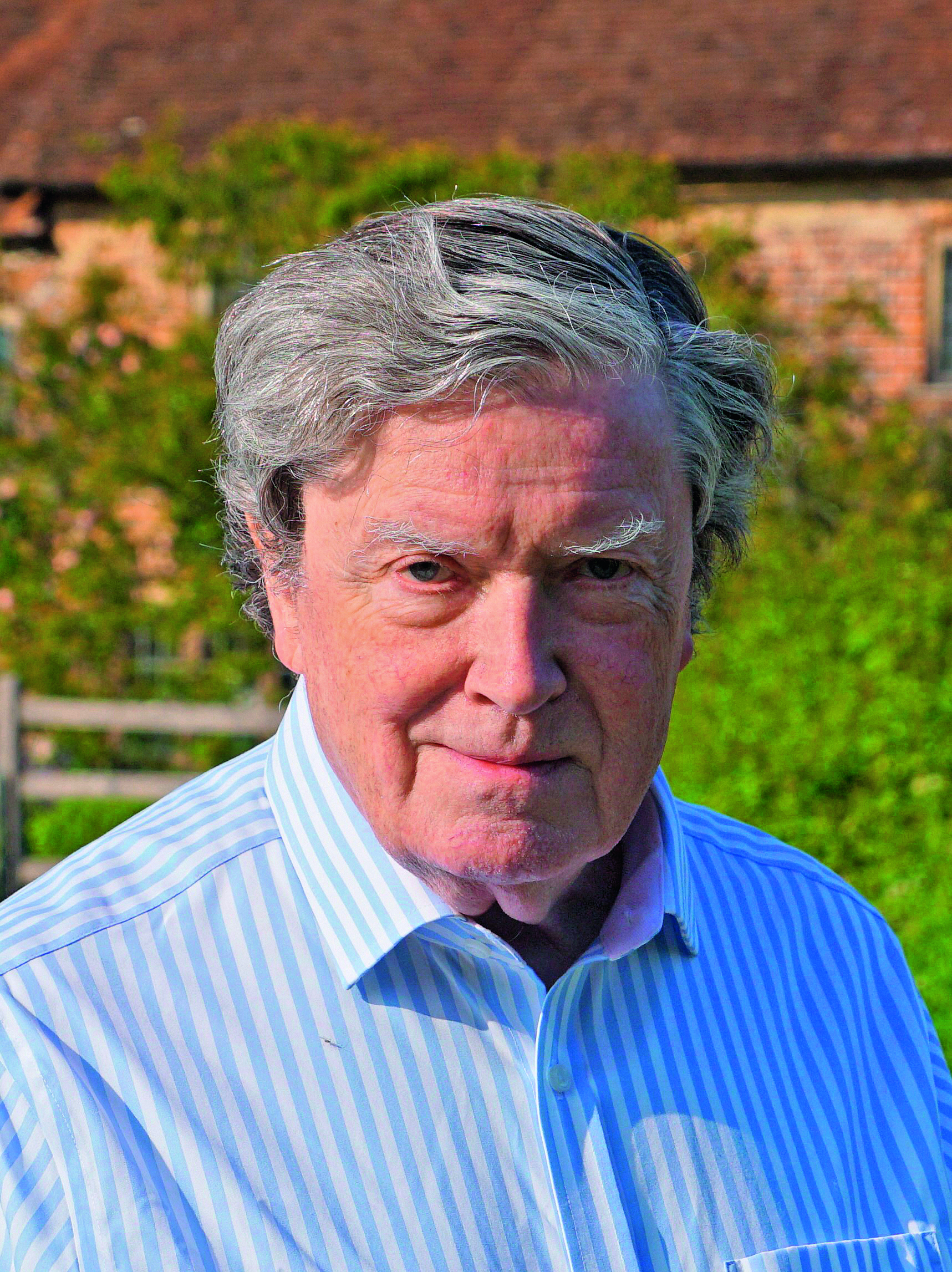'No Yorkshire dale, no Scottish moor, no view from Westminster Bridge can match it': Charles Quest-Ritson on The Itchen Valley, his personal piece of heaven
Charles Quest-Ritson lavishes praise on the Itchen Valley, a part of Britain that's so charming and unspoilt as to restore your faith in the world.
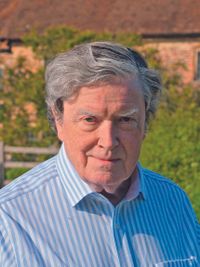
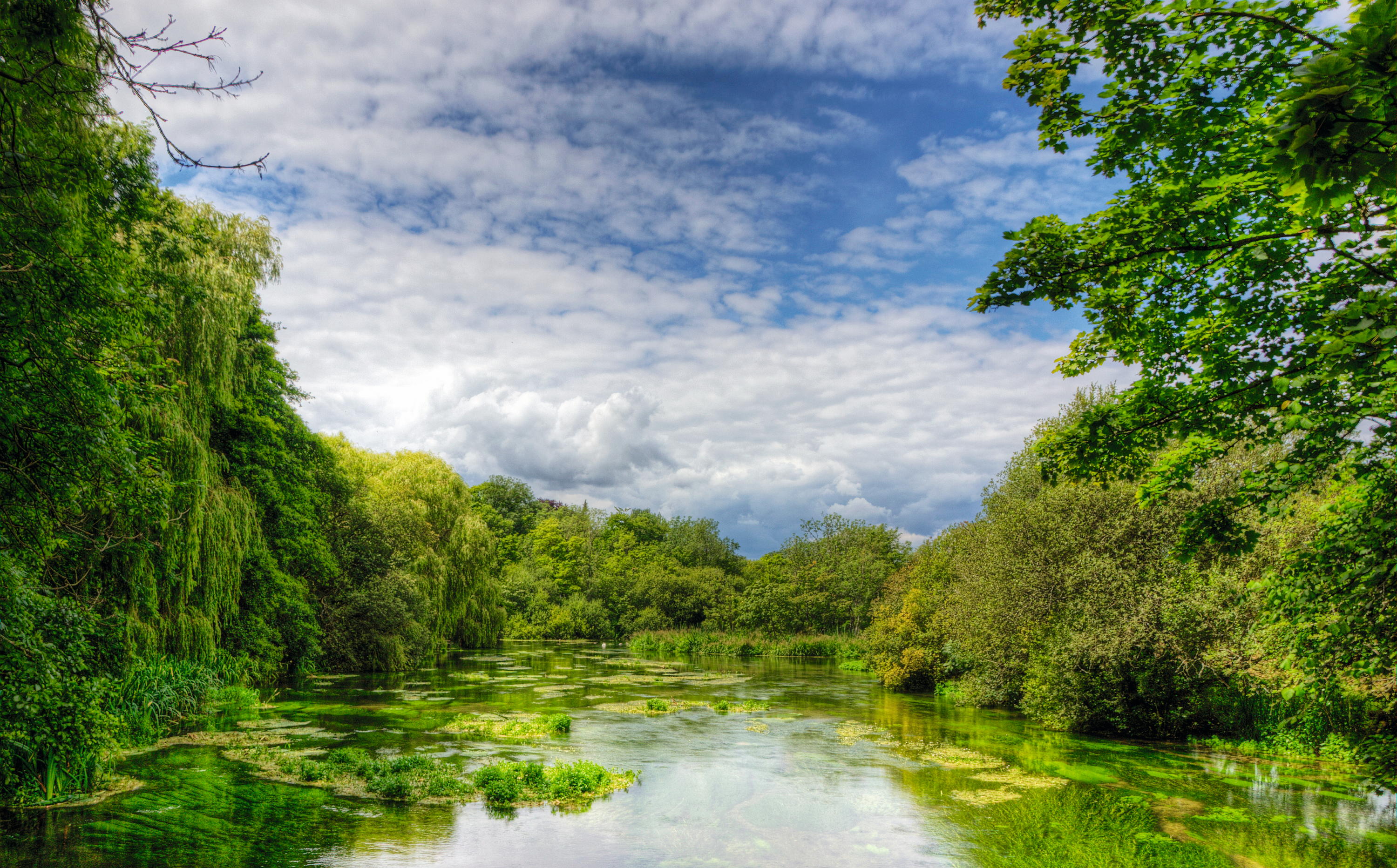
Exquisite houses, the beauty of Nature, and how to get the most from your life, straight to your inbox.
You are now subscribed
Your newsletter sign-up was successful
Nothing can match the Itchen Valley. No Yorkshire dale, no Scottish moor, no view from Westminster Bridge is fairer. People tell me that there is another chalkstream in Hampshire called the Test. They say it is quite good for fishing, too, yet it cannot compare with the dreamy English beauty of the Itchen and its valley.
Our river rises near Kilmeston, a few hundred yards from the National Trust’s elegant garden at Hinton Ampner. A spring gushes out of the chalk hillside, just above a grassy meadow where more water oozes up in half a dozen places. All these rivulets come together so quickly that, by the time it has run for 100 yards, it is already a respectable size — a real river, rather than a stream. Soon, it picks up chalk-downland tributaries and continues its progress past the delightful market town of Alresford.
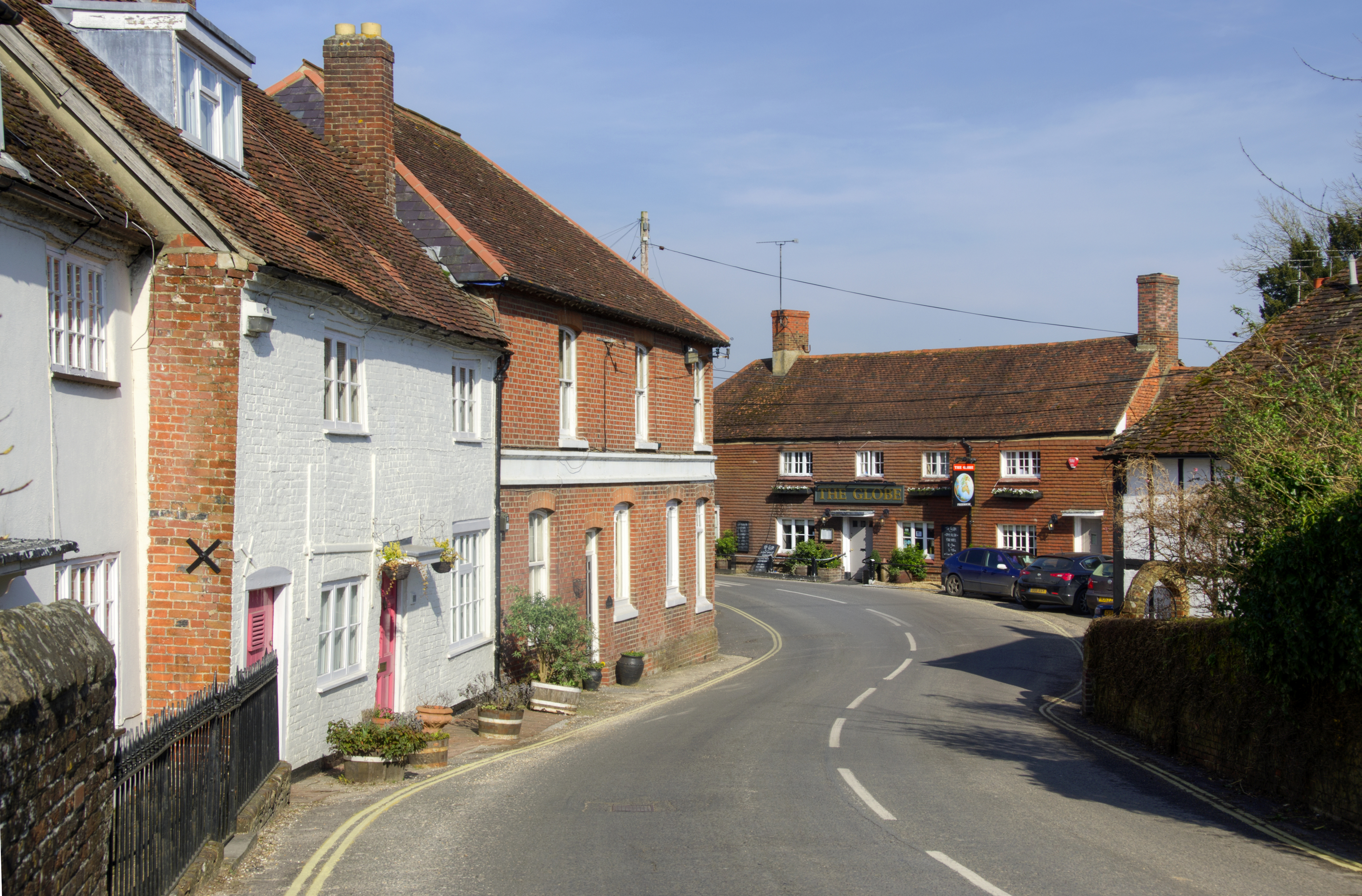
Barring the double yellow lines and the TV aerials, Alresford feels like it could have escaped from the pages of a 19th century novel.
The leafy middle reach of the river runs west to Winchester. This is the heart of the Itchen valley, where fishermen can be sure of finding wild trout for their flies.
It is an ancient landscape: archaeologists tell us a Roman aqueduct once ran through our garden. The name of the river, however, is older than recorded history — not Anglo-Saxon, not Roman, not Celtic, but Iron-Age Britonnic. Cast your fly over the glittering water, then reflect that our most distant ancestors used nets and arrows for their catch.
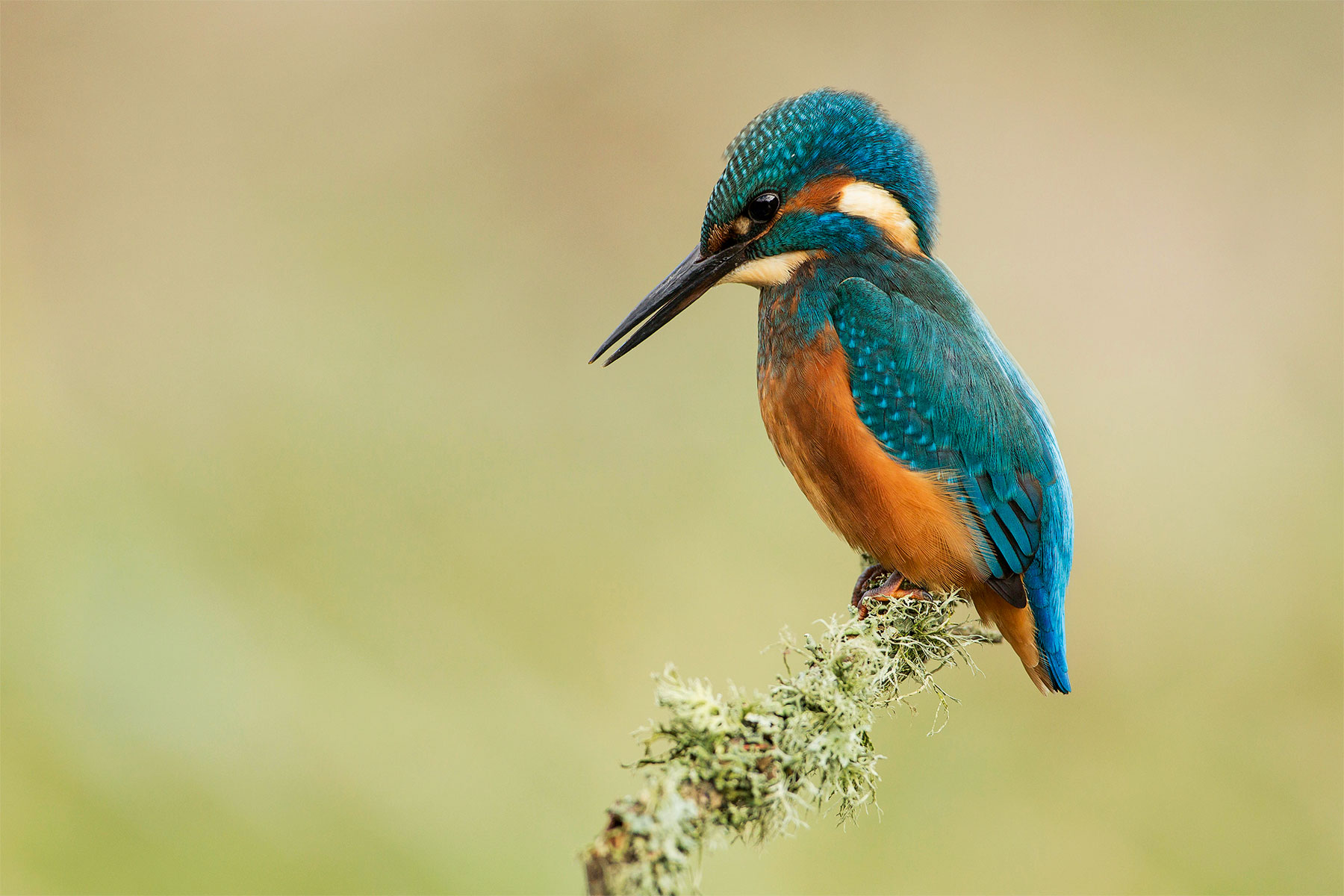
Few wildlife spottings can match the thrilling flash of orange and blue that tells you that a kingfisher has just been past.
Ponder the names of villages through which the river passes — Titchfield, Itchen Stoke and Martyr Worthy — and reflect that each is a settlement sanctified by a millennium of Christian worship in its unostentatious parish church. At Winchester, the valley turns south, past the best school in England — I had tutorials in the house in College Street where Jane Austen once lived (‘A room with a view’, June 4) — and the river pursues its course through innumerable channels, leats and runnels. As a teenager, I saw salmon spawning here in January — their first return to the Itchen, I was told, for more than 100 years. The final stretch of the river towards its estuary near Southampton is broad and stately. Indeed, Winchester was once accessible to shallow river boats from the Solent. Some people still fish this part and brag about its kingfishers.
What not to miss in the Itchen Valley
Highlights and lowlights
We have Britain’s most sparkling landscape, rich in history and glorious in its variety. Has the Itchen Valley any defects? Sometimes we think there are perhaps too many tourists in Winchester, but we do understand why they find King Alfred’s capital so attractive (‘City of legend’, June 4) and we appreciate their good taste in choosing to visit us.
Underrated
John Keats wrote his ode To Autumn (‘Season of mists and mellow fruitfulness’) on a walk along the river, past the College towards the Hospital of St Cross and Alms-house of Noble Poverty where, to this very day, the traveller may receive the Wayfarer’s Dole — a horn of ale and a hunk of bread first offered by kind Cluniac monks, centuries before the Protestant Reformation.
Exquisite houses, the beauty of Nature, and how to get the most from your life, straight to your inbox.
Charles Quest-Ritson is a Country Life columnist, a leading rosarian and author of ‘The Olive Tree: Around the World’ (Ediciones El Viso)
Charles Quest-Ritson is a historian and writer about plants and gardens. His books include The English Garden: A Social History; Gardens of Europe; and Ninfa: The Most Romantic Garden in the World. He is a great enthusiast for roses — he wrote the RHS Encyclopedia of Roses jointly with his wife Brigid and spent five years writing his definitive Climbing Roses of the World (descriptions of 1,6oo varieties!). Food is another passion: he was the first Englishman to qualify as an olive oil taster in accordance with EU norms. He has lectured in five languages and in all six continents except Antarctica, where he missed his chance when his son-in-law was Governor of the Falkland Islands.
